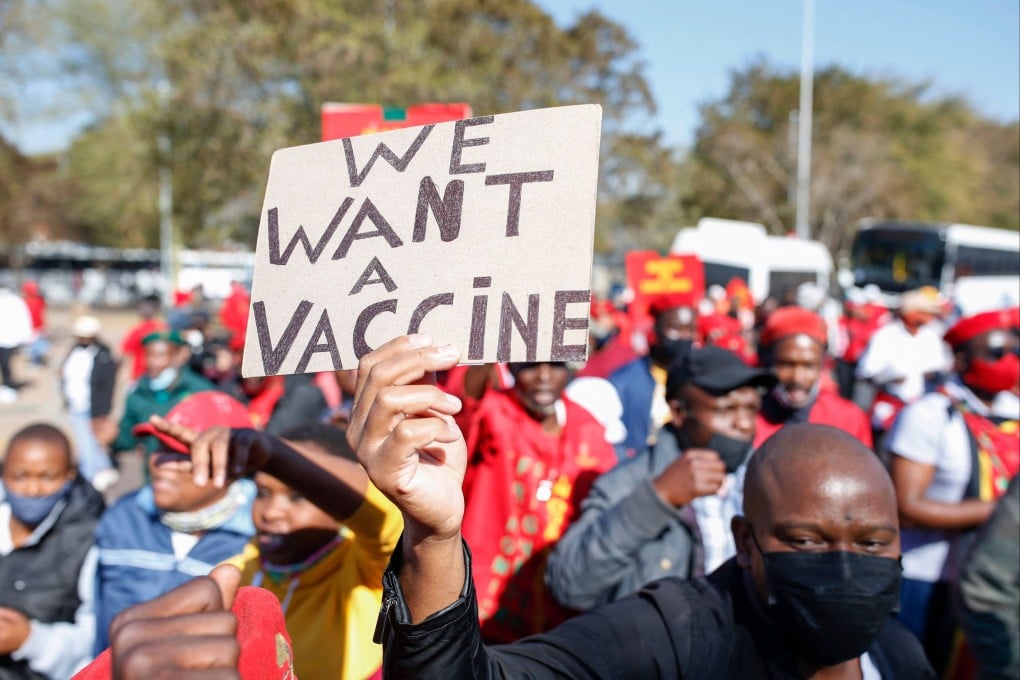Advertisement
The View | How a reliance on market forces undermines US attempts at vaccine diplomacy
- The Biden administration has not pressured firms to share their intellectual property and technical know-how, contributing to vaccine inequality
- This undercuts Washington’s foreign policy messaging and its complaints about countries such as China and Russia sharing expertise with developing countries
Reading Time:3 minutes
Why you can trust SCMP
2

As countries race to deliver their populations from the jaws of the Covid-19 Delta variant, the US is holding fast in its endorsement of vaccine donations and voluntary technology transfer as the solution for global recovery. But, with unequal procurement contracts and a reliance on market altruism impeding Washington’s foreign policy goals, is it time for a rethink?
US vaccine diplomacy harnesses public- and private-sector efforts. Health infrastructure financing aside, Washington is focusing on no-strings-attached vaccine donations. Companies so inclined are free to share their vaccine intellectual property and technical know-how.
Support for the World Trade Organization’s patent waiver notwithstanding, however, the Biden administration has not fully pressured domestic businesses to share technology. In particular, mRNA vaccines have become a flashpoint over their effectiveness and scalability, with Moderna thrust into the spotlight because of its taxpayer-funded shot.
Advertisement
American mRNA manufacturers have been reluctant to enter licensing agreements where idle capacity exists. Pfizer-BioNTech’s partnership with South Africa’s Biovac only covers “fill and finish”, while Moderna has chosen to build new regional factories rather than work with local manufacturers.
This reluctance could be chalked up to insufficient human resources, which hampers companies’ ability to share technical expertise. However, the World Health Organization’s technology transfer hub initiative aims to address this by marshalling mRNA experts and transmitting that knowledge.
To date, the hubs have met the same fate as the earlier Covid-19 technology access pool, sitting bereft of contributions. Some degree of technology transfer has occurred via voluntary licensing. Whether these contracts significantly generate more vaccines for equitable distribution is debatable.
Advertisement
Select Voice
Select Speed
1.00x

